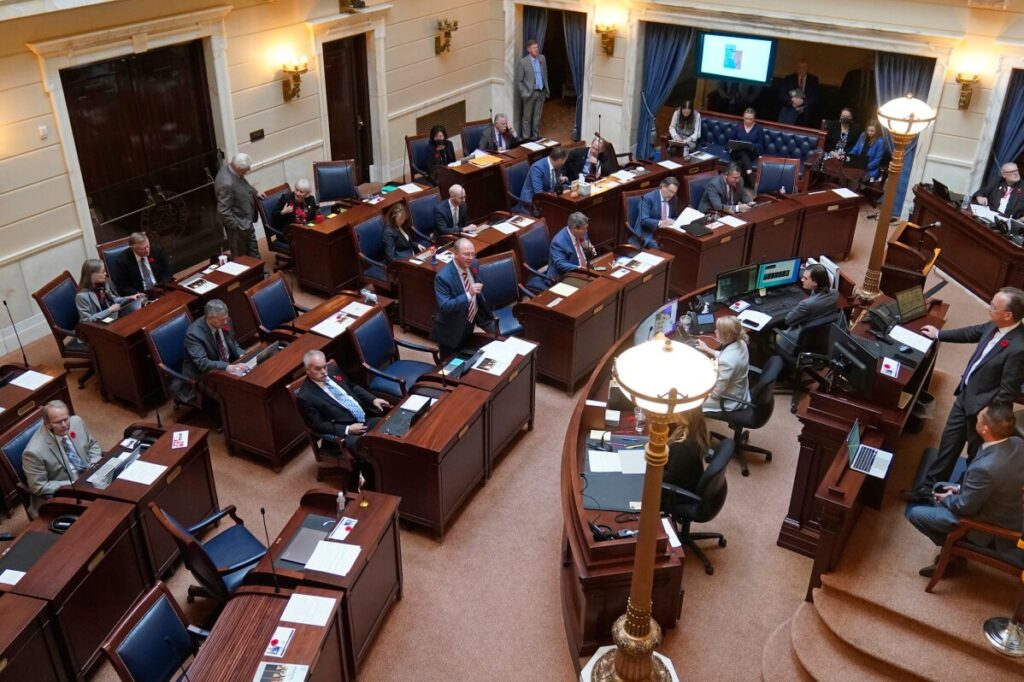Texas GOP’s 2026 Redistricting Sparks Legal Battle Over Racial Gerrymandering
Texas Republicans’ new redistricting map faces a lawsuit for allegedly diluting Black voters’ influence ahead of the 2026 midterms, raising urgent questions about fairness and America’s electoral integrity.

Texas is once again under the national microscope, this time for a redistricting strategy that voting-rights advocates argue blatantly diminishes the political power of Black voters. With the 2026 midterm elections looming, Texas Republicans have drawn new congressional districts favoring their party—prompting accusations of racially motivated gerrymandering.
Is This Another Calculated Move to Silence Minority Voices?
The NAACP and the Lawyers Committee for Civil Rights Under Law filed suit, challenging the map as unconstitutional interference with Black voters’ ability to elect candidates of their choice. Derrick Johnson, NAACP President and CEO, bluntly stated that despite Texas being only 40% white, white voters control more than 73% of congressional seats—a stark imbalance suggesting deliberate political engineering rather than natural representation.
For decades, Texas has faced federal findings of discrimination in its district maps following every redistricting cycle. This persistent pattern raises fundamental questions: How long will state leaders prioritize partisan advantage over genuine voter equality? And what does this mean for the principle of one person, one vote in America’s second-largest state?
A Partisan Power Grab Masquerading as Legal Strategy
The timing and context are telling. The Republican-led Legislature approved these maps mere days after then-President Donald Trump called for mid-decade redistricting—an unusual move designed to juice GOP influence nationwide. Adding five seats favorable to Republicans not only reshapes Texas politics but also shifts balance in Congress at a time when national unity feels frayed.
Senator Phil King defended the plan as legal and beneficial for Republican candidates. However, the U.S. Supreme Court’s 2019 ruling permits partisan gerrymandering only if it is not explicitly racial—yet voting-rights groups see tactics here as thinly veiled racial suppression.
Governor Greg Abbott’s confidence that these maps will withstand legal scrutiny signals Republican determination to keep control despite mounting challenges. Meanwhile, Democrats have responded with walkouts and calls for reforms elsewhere—highlighting a country deeply divided over how elections should be conducted.
This fight is about much more than lines on a map; it strikes at the heart of American democracy and sovereignty. When a state manipulates districts to dilute minority votes while expanding seats favorably for one party, it threatens freedom and fair representation—core pillars patriotic Americans demand be protected.
As other states consider similar maneuvers, citizens must ask: Will we let political expediency override constitutional protections? Or will defenders of liberty ensure every citizen’s voice counts equally in shaping our nation’s future?
